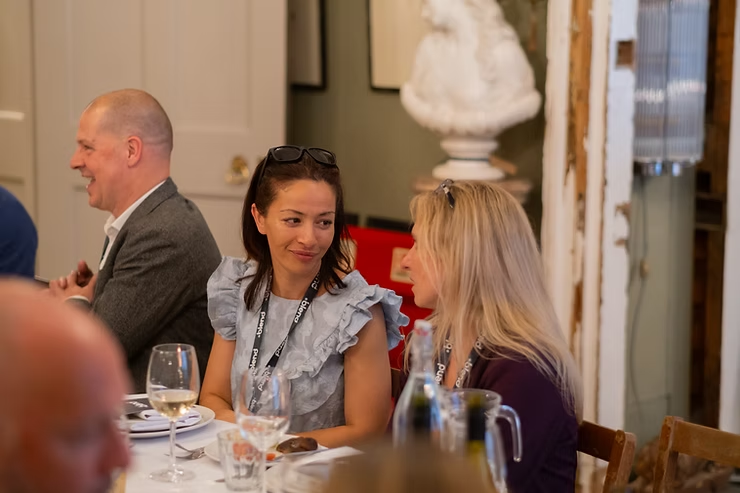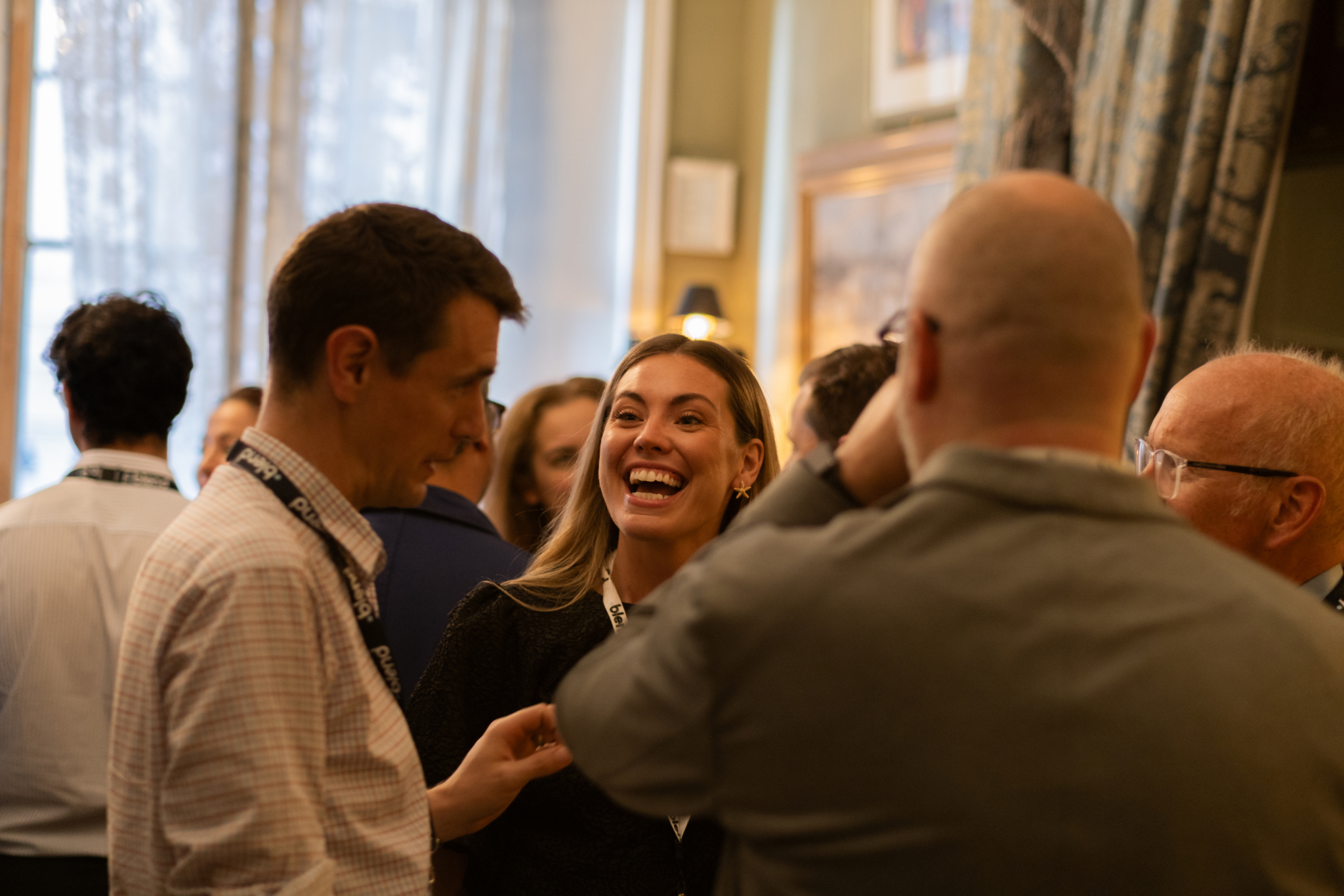A heartfelt thank you to the members who joined our recent Virtual Leadership Exchange.
We were honoured to welcome thought leader, executive coach, and author Elina Teboul who inspired our community with ideas from her book Feminine Intelligence – exploring how a more balanced, human-centred approach to leadership can shape not just better organisations, but a better world.
Here are four powerful insights that emerged:
Elina challenged us to reframe traditional binaries by showing that feminine intelligence is not exclusive to women. Instead, it refers to traits like empathy, intuition, creativity, and relational thinking – capacities that all people have access to, regardless of gender.
“Society tends to over-index on the masculine,” she explained, rewarding productivity, decisiveness and dominance – traits often associated with conventional success. But the result is a culture that undervalues the relational, intuitive, and emotional intelligence that makes organisations truly sustainable. She compared humanity to a bird:
“… but it’s been flying in circles because it’s just using one wing – the masculine.”
We explored what conscious capitalism looks like in practice, and how it aligns with feminine intelligence. Elina shared the example of Whole Foods founder John Mackey, who asked:
“How do I put love at the centre of my business?”
Rather than squeezing suppliers, overworking employees or manipulating customers, this mindset prioritises partnership, transparency, and wellbeing – without sacrificing profit. In fact, when the company’s first store in Austin flooded, it was saved by the very people it supported: staff and customers showed up with mops and buckets to help it reopen.
Feminine intelligence in business asks:
“What value are we creating for society – not just shareholders?”
A provocative moment came when Elina reminded us that feminine energy, like masculine, can go toxic.
“It’s amusing to hear anyone say ‘feminine equals nice’,” she laughed.
“Unchecked, the feminine can become indulgent, manipulative, even selfish.”
The takeaway? The goal is not to overcorrect or idolise one energy over the other – but to build awareness and agency. Leaders must learn to flex both masculine and feminine intelligences, knowing when each is required.
The real work is integration, not opposition.
When asked about rising polarisation and political hostility, Elina made a powerful case for compassion as a strategic leadership tool. “When people feel unheard, they’re vulnerable to manipulation,” she said. “Vilifying groups – men, women, or anyone – only deepens the divide.”
Feminine intelligence encourages us to ask not just “What’s wrong?” but “What do people need?” That applies to disengaged employees, disenfranchised communities, and even critics.
It’s not softness – it’s strength through empathy.

A recurring theme was that cultural change starts in moments that feel small. Like calling out when a woman’s idea is co-opted in a meeting – and giving her credit. Or encouraging collaboration over competition.
As one member eloquently put it:
“It all comes down to what we’re incentivised and de-incentivised to do.”
If you couldn’t make the session, we highly recommend exploring Feminine Intelligence for yourself – it’s a rich, human, and deeply timely exploration of some overlooked traits all leaders would do well to flex.
Members can keep an eye on the Global Events space for news of our next Virtual Leadership Exchanges!
With thanks to our author: Julia Belle






